Journal Boards
Journal Academic Unit Manager
Islamic Economy, Monetary-Banking
Editor-in-Chief

Institutional Economics Theory, Growth, Development Economics - Macro, Policy of Treasury, Monetary Policy, Foreign Trade Policy
Deputy Editors

Islamic Economy, Islamic Finance, Public Finance
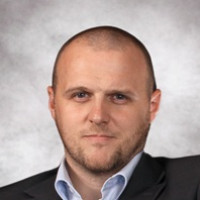
Islamic Economy, Monetary-Banking, Public Economics - Publicly Provided Goods
Islamic Economy, Islamic Finance, Islamic Law
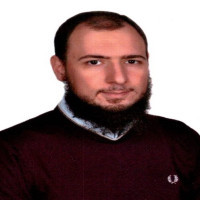
Islamic Economy
Finance and Investment, Behavioural Finance
Field Editors
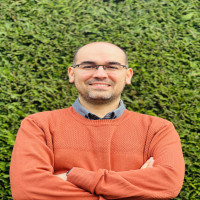
Assoc. Prof. Dr.
Mücahit ÖZDEMİR
BURSA ULUDAĞ ÜNİVERSİTESİ, İKTİSADİ VE İDARİ BİLİMLER FAKÜLTESİ, İKTİSAT BÖLÜMÜ, İKTİSAT TEORİSİ ANABİLİM DALI










Islamic Economy, Islamic Finance, Islamic Microfinance
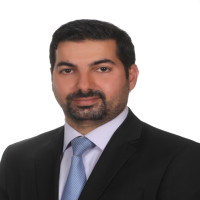
Islamic Economy, International Finance, Islamic Finance, Islamic Microfinance

Islamic Economy, History of Economics, Participation Banking, Takaful (Participation) Insurance, Islamic Finance, Islamic Microfinance, Islamic Law
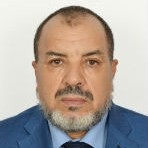
Islamic Economy, Monetary-Banking, Banking, Finance and Securities Law
Supply Chain Management
Regional Editors
Islamic Microfinance

Economic Thought
Islamic Economy, Islamic Philosophy, History of Islam, Islamic Intellectual History, Islamic Law
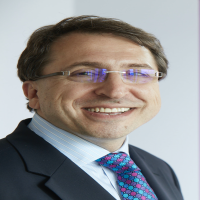
Islamic Economy
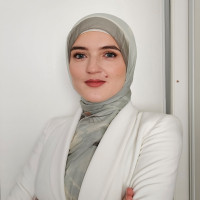
International Finance, Financial Economy, Behavioural Finance, Financial Econometrics, Finance and Investment (Other), Entrepreneurship
Editorial Board
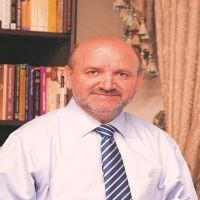
Economic Thought, History of European Economy, History of Ottoman Economy, History of Turkiye Economy
Islamic Economy, Monetary-Banking

Economic Thought

Islamic Economy
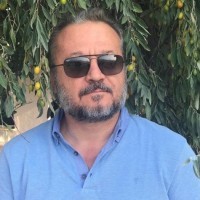
Islamic Economy, Growth, Foreign Trade Policy, Population Trends and Policies, Islamic Finance
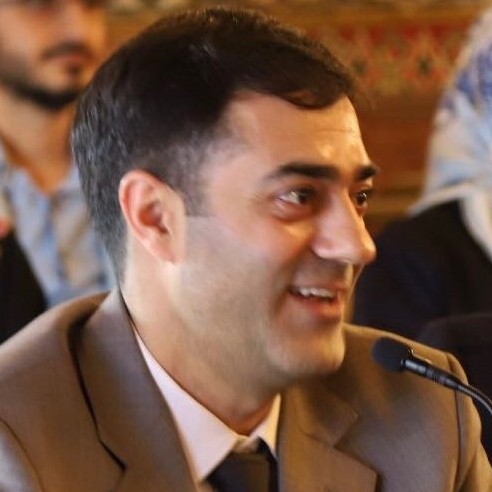
Religion, Society and Culture Studies

Islamic Economy, Monetary-Banking, Public Economics - Publicly Provided Goods
Macroeconomics

Institutional Economics Theory, Growth, Development Economics - Macro, Policy of Treasury, Monetary Policy, Foreign Trade Policy

Islamic Economy
Language Reviewers
Political Economy Theory
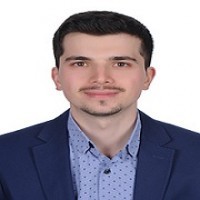
Marketing, Industrial Marketing, Service Marketing, Marketing Research Methodology, International Marketing, Strategy
İbrahim KEÇECİ
ISTANBUL SABAHATTIN ZAIM UNIVERSITY, FACULTY OF BUSINESS ADMINISTRATION AND MANAGEMENT SCIENCES, DEPARTMENT OF INTERNATIONAL TRADE AND FINANCE








Islamic Economy
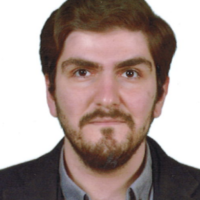
Res. Assist.
Muhammed Enes AKDEMİR
İSTANBUL SABAHATTİN ZAİM ÜNİVERSİTESİ, İŞLETME VE YÖNETİM BİLİMLERİ FAKÜLTESİ, İSLAM İKTİSADI VE FİNANS BÖLÜMÜ








Islamic Economy, Monetary Policy, Islamic Law
Islamic Finance
Res. Assist.
Zehra KİLLİK
İSTANBUL SABAHATTİN ZAİM ÜNİVERSİTESİ, İŞLETME VE YÖNETİM BİLİMLERİ FAKÜLTESİ
Macroeconomics (Other)
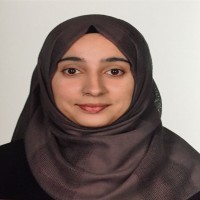
Islamic Economy, Financial Economy

Islamic Economy, Islamic Finance, Public Finance
Statistics Editors

Econometrics, Panel Data Analysis, Applied Microeconometrics, Financial Economy, Finance and Investment, Behavioural Finance, Finance, Financial Forecast and Modelling, Financial Markets and Institutions, Investment and Portfolio Management, Financial Accounting, Institutional Governance
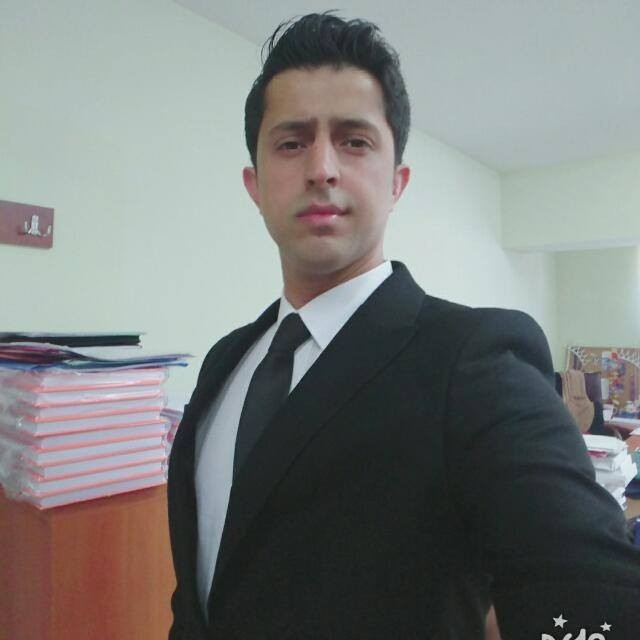
Finance
Layout Reviewer
Islamic Economy, Islamic Finance, Islamic Law
Economic Thought
Islamic Economy

Islamic Economy, Financial Economy

Res. Assist.
Muhammed Enes AKDEMİR
İSTANBUL SABAHATTİN ZAİM ÜNİVERSİTESİ, İŞLETME VE YÖNETİM BİLİMLERİ FAKÜLTESİ, İSLAM İKTİSADI VE FİNANS BÖLÜMÜ








Islamic Economy, Monetary Policy, Islamic Law
